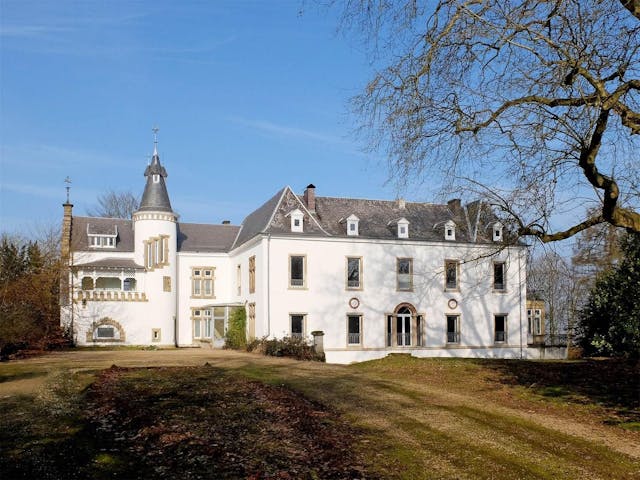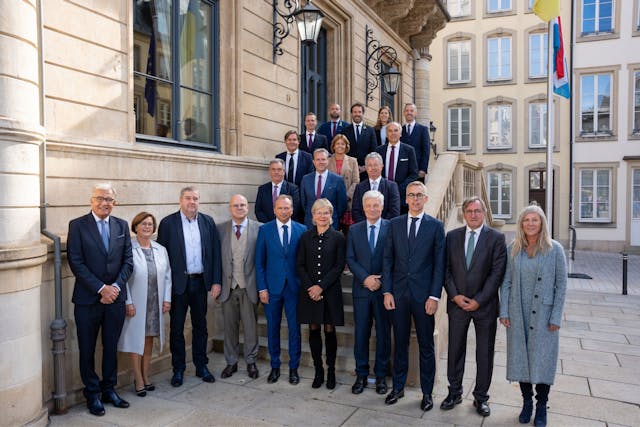Luxembourg has no place to judge people

Feyza Yıldırım, Unsplash
In her closing speech, Attorney General Martine Solovieff identified the main problem of the judiciary: the lack of both staff and courtrooms. Even if there were enough judges, there is simply no room to hold all cases. As a result, hundreds of cases remain frozen.
According to the prosecutor, the situation is so acute that priority is given exclusively to major cases, while less serious offences are overlooked. This creates a sense of impunity in society, which was also emphasised by the mayor of Luxembourg, Lydie Polfer.
The Attorney General presented a depressing data:
- Of the 32 new magistrate positions opened last year, none were filled.
- Additionally, 16 judges are on extended leave or suspended.
- This brings the total number of active judges to just 307 - 17 per cent below the required number.
- There are about 2,880 prosecutor's office cases pending because staff simply do not have time to process them.
Investigators are also under critical strain, processing hundreds of cases in their lines of enquiry.
Martine Solovieff named the lack of attractiveness of the legal profession and the slow pace of hiring new specialists as the main reasons for the crisis. She emphasised that the speed of filling vacancies is a political decision. However, even with these limitations, courts respond to emergency cases, although investigations are delayed due to lack of resources.
Justice Minister Elisabeth Margue confirmed that a working group is working on amending the Code of Criminal Procedure. Among the proposals are the expansion of "mini-investigations" and the introduction of a settlement procedure, which could speed up the processing of a number of cases. The reforms are being developed based on recommendations from the Council of Europe's Financial Action Task Force (FATF) and will be implemented in the short to medium term.
Ms Margue reported on a project to build a new court complex that would solve the problem of lack of space, but it would take at least two to three years to complete. While awaiting construction, the Ministry of Finance is already considering temporary buildings to house some of the court services in order to relieve the pressure on existing structures.
Martine Solovieff emphasised the need for swift approval of the reform of the law on judicial attachés - future judges. She suggested recognising work experience in the administration or private sector to reduce the shortage of judges. This would allow vacancies to be filled more quickly and avoid frequent substitution of magistrates between cases.





